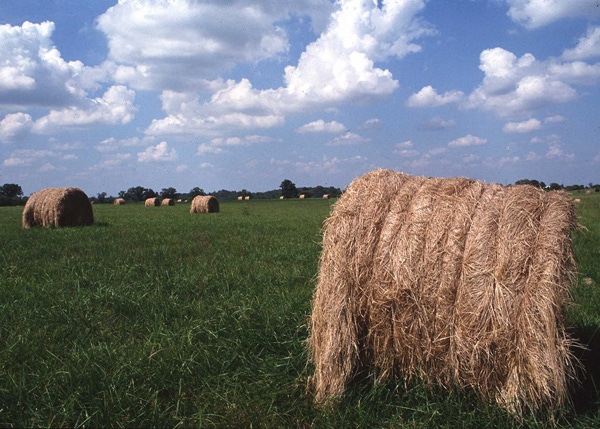
Proper fertility is the first line of defense in a viable forage weed control program, says Texas AgriLife Extension forage specialist Vanessa Corriher.
“If fertility is depleted, weeds are more likely to encroach,” Corriher said during a recent Ag Technology Conference on the Texas A&M-Commerce campus.
“Weeds are more tolerant of low fertility, so if producers take money out of their fertility budget they should be prepared to add it back on their weed control bill.”
Corriher offered a list of reasons why weed control programs sometimes fail. They include:
Spraying too early or at the wrong time for specific weed species.
Spraying some biennial and perennial weed species when they are young and growing instead of when they are blossoming or producing or dropping fruit. “Early application may burn the plants but will not provide long-term control,” she said. Timing may be species-dependent.
Weeds are mis-identified. “Proper identification is crucial for proper herbicide selection and timing. Several Websites are available to help identify weeds.”
Application during stressful environmental conditions such as drought stress when weeds are not actively growing and do not take up the chemical.
Wind speed is too high to assure accuracy and to prevent drift.
Spraying at the wrong growth stage.
Using the wrong product.
Using a sprayer that is not properly calibrated. And,
Failure to read and follow the label. “The label is the law,” Corriher said.
Weed management, Corriher said, is crucial to maintaining a persistent stand of forage that provides optimum livestock utilization.
About the Author(s)
You May Also Like






